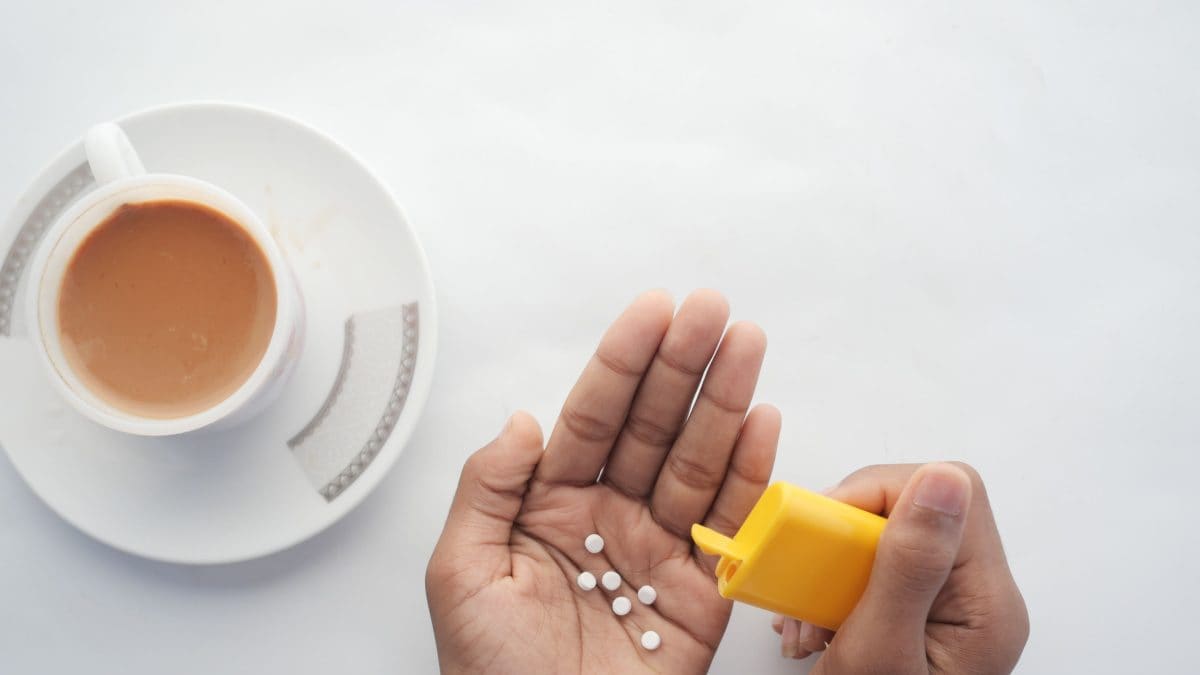How Artificial Sweeteners Alter Gut Bacteria in Humans? Experts Answer

Changes in the gut microbiota composition caused by artificial sweeteners may have metabolic effects
While they are generally considered safe for consumption, research has shown that artificial sweeteners can have an impact on the gut bacteria, in humans
Artificial sweeteners are sugar substitutes used in a wide range of food and beverages as a low-calorie or zero-calorie alternative to sugar. While they are generally considered safe for consumption, research has shown that artificial sweeteners can have an impact on the gut bacteria, also known as the gut microbiota, in humans.
Dr. Richa Chaturvedi, Senior Consultant, Endocrinology, Apollo 24|7 and Indraprastha Apollo Hospitals, New Delhi, says, “Artificial sweeteners have been shown to have an effect on the makeup and function of gut flora. According to research, sweets like saccharin, aspartame, and sucralose can alter the gut microbiota, causing an imbalance in the variety and number of beneficial bacteria. This disturbance may have an impact on a variety of metabolic processes and may lead to diseases such as obesity, glucose intolerance, and altered satiety responses. While the specific processes are still being investigated, it is critical to evaluate the possible influence of artificial sweeteners on gut health and general well-being, particularly for people with underlying metabolic disorders.”
Research suggests that consumption of artificial sweeteners can lead to shifts in the abundance and diversity of gut bacteria. Some studies have shown an increase in certain bacteria, such as Bacteroides and Proteobacteria, while others have observed a decrease in beneficial bacteria like Bifidobacteria. Changes in the gut microbiota composition caused by artificial sweeteners may have metabolic effects.
By: Ankita Ghoshal Bisht, Dietician, Primus Super Speciality Hospital, New Delhi, says, “According to research, artificial sweeteners can turn healthy gut bacteria into pathogens and therefore affect gut health. Study shows that sweeteners increased the ability of bacteria to form a biofilm. Bacteria growing in biofilms are less sensitive to antimicrobial resistance treatment. They are also more likely to secrete toxins and express disease-causing molecules. There are two types of gut bacteria present in all gut microbiotas. They are E. coli and E. faecalis. When exposed to artificial sweeteners, these gut bacteria had an increased ability to be pathogenic (causing disease).”
It is important to note that the effects of artificial sweeteners on gut bacteria can vary among individuals. Factors such as genetics, diet, and baseline gut microbiota composition can influence how different people respond to these sweeteners.
While artificial sweeteners are generally considered safe for consumption, they can influence the composition and function of the gut microbiota in humans. Further research is needed to fully understand the extent of these effects and their implications for human health.
For all the latest lifestyle News Click Here

